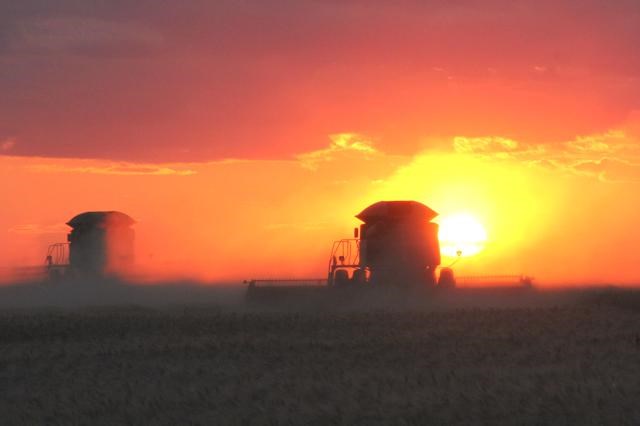Members of the Saskatchewan Stock Growers Association (SSGA) discussed some of the beef industry’s most pressing issues at their semi-annual meeting on January 25 in Regina. “There’s a lot going on in the beef sector, and it’s important for producers to get together and give the issues a full airing,” said SSGA president Shane Jahnke about the meeting that took place within the Saskatchewan Beef Industry Conference. The meeting had two guest speakers, Agriculture Minister Lyle Stewart, and an official from the Canadian Food Inspection Agency who updated SSGA members on the bovine tuberculosis investigation in Alberta and Saskatchewan.
The members debated and adopted eight different resolutions. The SSGA first resolved to appeal to the Saskatchewan government to “develop a long-term, effective solution to provide reliable high speed internet service to rural areas.” The members argued that current services in rural locations across Saskatchewan were substandard and inconsistent.
“It’s becoming more important for cattle producers to have access to internet to operate their business,” stated Chad MacPherson, SSGA general manager. “The internet is an essential tool for cattle producers for buying, selling, marketing, age verifying, recording, registering cattle, and more,” the resolution added.
Perhaps the biggest issue was the carbon tax. The SSGA members passed three resolutions stating their opposition to a carbon tax putting Canadian beef at a disadvantage on ultra-competitive international markets. Much of Saskatchewan agricultural products are exported. Cattle producers have made the point that CO2 reduction programs, including carbon taxes, ignore the progress the industry has made in reducing its environmental footprint since the 1980s. “Ranchers work like mad to conserve the natural grass prairie,” Jahnke said. The SSGA argues that the Canadian grasslands and agricultural lands are a significant carbon sink.
One resolution stated the members’ intent to lobby the Government of Canada to recognize the carbon sequestration capability of grasslands and agricultural lands and fairly compensate landowners for these benefits and farming practices. “There’s megatons of carbon stored in those ecosystems, and that’s carbon that would otherwise be in the atmosphere,” he said. Another resolution asked the government to delay its carbon tax plans until additional research and consultation has been completed. “Everything farmers grow pulls carbon dioxide out of the air,” Jahnke said. In a final resolution on the issue, the SSGA will be asking Ottawa to reverse its decision to implement a price on carbon by 2018 until adequate research and consultation have been completed. “Canada leads the world in sustainable agriculture. We’d like to see our producers recognized and rewarded for their leadership in fighting climate change,” he added.
Earlier in January, the SSGA voiced its opposition to the carbon tax and signed a letter with 11 other organizations asking Prime Minister Justin Trudeau and federal Minister of Environment and Climate Change Catherine McKenna to delay the implementation of a carbon tax until more research can be done on its implications. SARM spearheaded the organization and distribution of the letter stressing that a federal carbon tax is not the most effective policy tool for reducing greenhouse gas emissions or mitigating climate change. Adaptation and innovation are superior methods for reducing emissions and dealing with climate change, the signatories stated. The signatory organizations include the Saskatchewan Farm Stewardship Association, the Saskatchewan Heavy Construction Association, the Saskatchewan Stock Growers Association, Sask Pork, the Greater Saskatoon Chamber of Commerce, Western Canadian Wheat Growers, Western Equipment Dealers Association, Canadian Taxpayers Federation, Agricultural Producers Association of Saskatchewan, Sask Milk, and the Saskatchewan Chamber of Commerce.
The SSGA is also asking the government to investigate the possibility of using a joint venture to help agricultural producers transfer land from one generation to the next, said MacPherson. Joint ventures are an agreement by which two or more parties share the risk of transition or rollover of property and assets.
The SSGA also resolved to lobby the provincial government to provide adequate funding to all transitioned former PFRA pastures to implement weed management plans to limit the further spread of invasive weeds. They also want to lobby the provincial and federal governments to restore the AgriStability coverage levels and margins to previous levels for the Next Policy Framework. AgriStability coverage levels and margins were reduced under Growing Forward 2.




